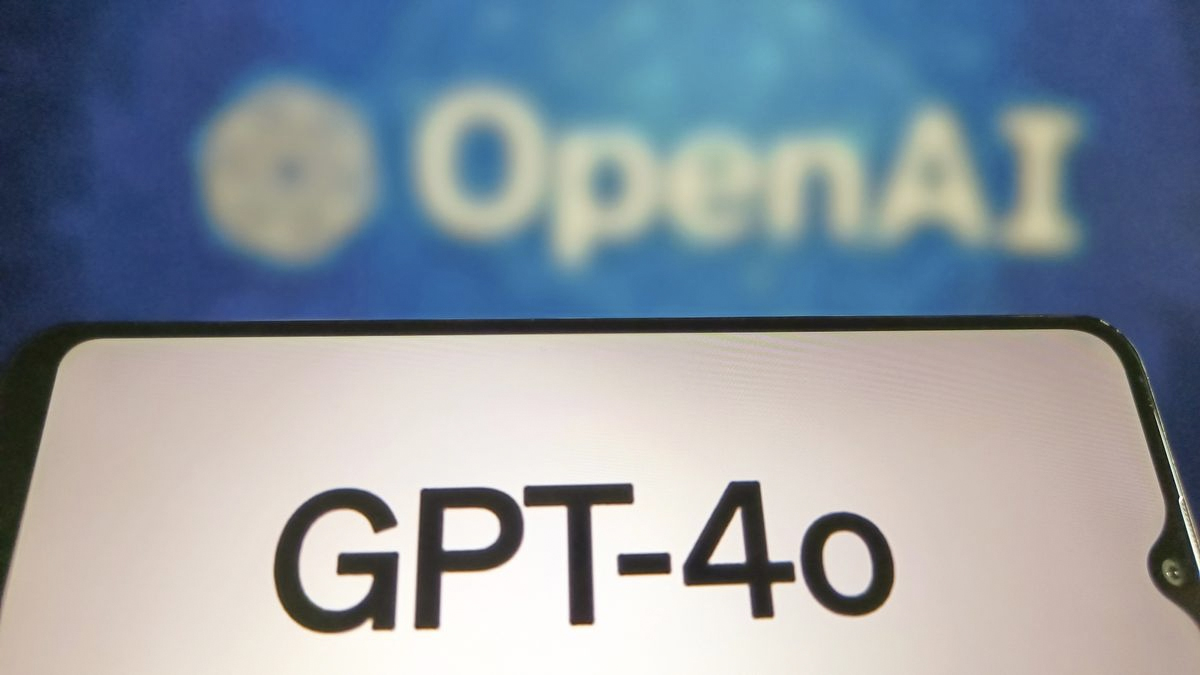The delayed features include the ability for ChatGPT to speak in various synthetic voices, or “personas.” These features were first introduced late last year, with a more advanced AI system called GPT-4o showcased in a demo in May read more
)
OpenAI has announced that it will be delaying the launch of its new voice and emotion-reading features for the ChatGPT chatbot, citing the need for additional safety testing.
Initially set to be available to some paying subscribers in late June, the release has been postponed by a month for now and is expected to roll out to all paying users sometime in the fall. The company emphasised that the exact timing would depend on meeting their “high standards for safety and reliability.”
The announcement follows a demonstration last month that generated significant excitement among ChatGPT users. However, it also sparked controversy, including a potential lawsuit from actress Scarlett Johansson. Johansson alleged that OpenAI had used her voice without permission for one of its AI personas.
OpenAI CEO Sam Altman has denied these claims, stating that the company did not train the bot on Johansson’s voice. According to a report by The Washington Post, the company had hired a different actor for the training audio, based on internal records and interviews with casting directors and the actor’s agent.
The delayed features include the ability for ChatGPT to speak in various synthetic voices, or “personas.” These features were first introduced late last year, with a more advanced AI system called GPT-4o showcased in a demo in May. This demo displayed the chatbot’s ability to speak in expressive tones, respond to a person’s tone of voice and facial expressions, and engage in more complex conversations.
One of the personas, named Sky, bears a resemblance to the voice of an AI bot played by Johansson in the 2013 film “Her,” which follows the story of a man, somewhat of a loner, who falls in love with an AI assistant.
The delay highlights the challenges tech companies face as they race to develop and deploy advanced AI technologies. For instance, Google recently scaled back the frequency of AI-generated answers at the top of search results due to errors, such as bizarre recommendations like putting glue on pizza.
Additionally, in February, Google withdrew an AI image generator that had been criticised for producing controversial images. Similarly, Microsoft made changes to its own AI chatbot last year after it sometimes gave strange and aggressive responses.
OpenAI says that additional time is necessary to improve the new voice features, ensuring they can effectively recognize and block inappropriate content. This is crucial as many AI tools have faced criticism for generating false information, and displaying racist, sexist, or biased content. The complexity of designing a chatbot that can interpret and mimic emotions adds another layer of difficulty, increasing the potential for errors.
“Our mission is to bring these new experiences to you thoughtfully,” OpenAI had said in a statement
As the competition in the generative AI space intensifies, companies like OpenAI must navigate both technical and ethical challenges to ensure their products are both innovative and safe for users.

 2 months ago
12
2 months ago
12
)
)
)
)
)
)
)
)
)
)
)
)
)
)
)
)
)
)
)
)
)
)
)
)
 English (US) ·
English (US) ·